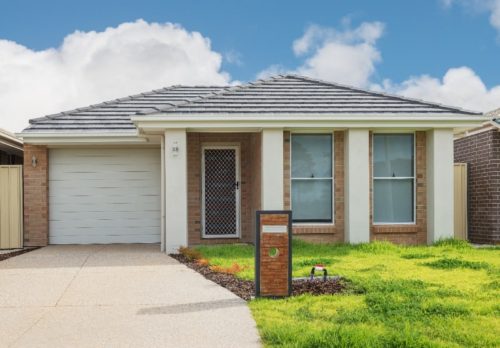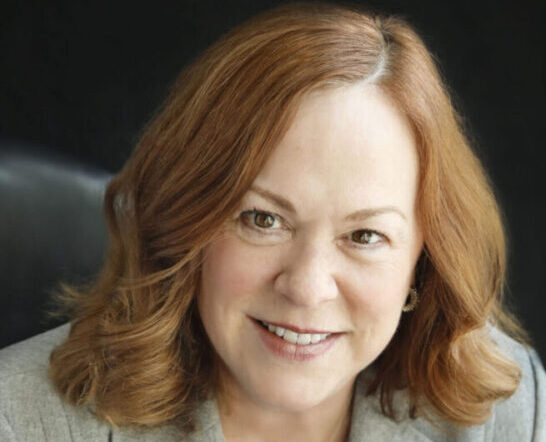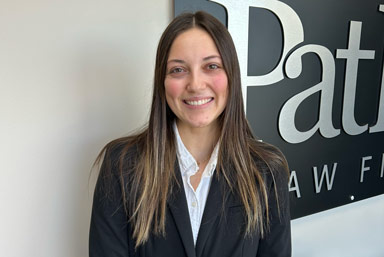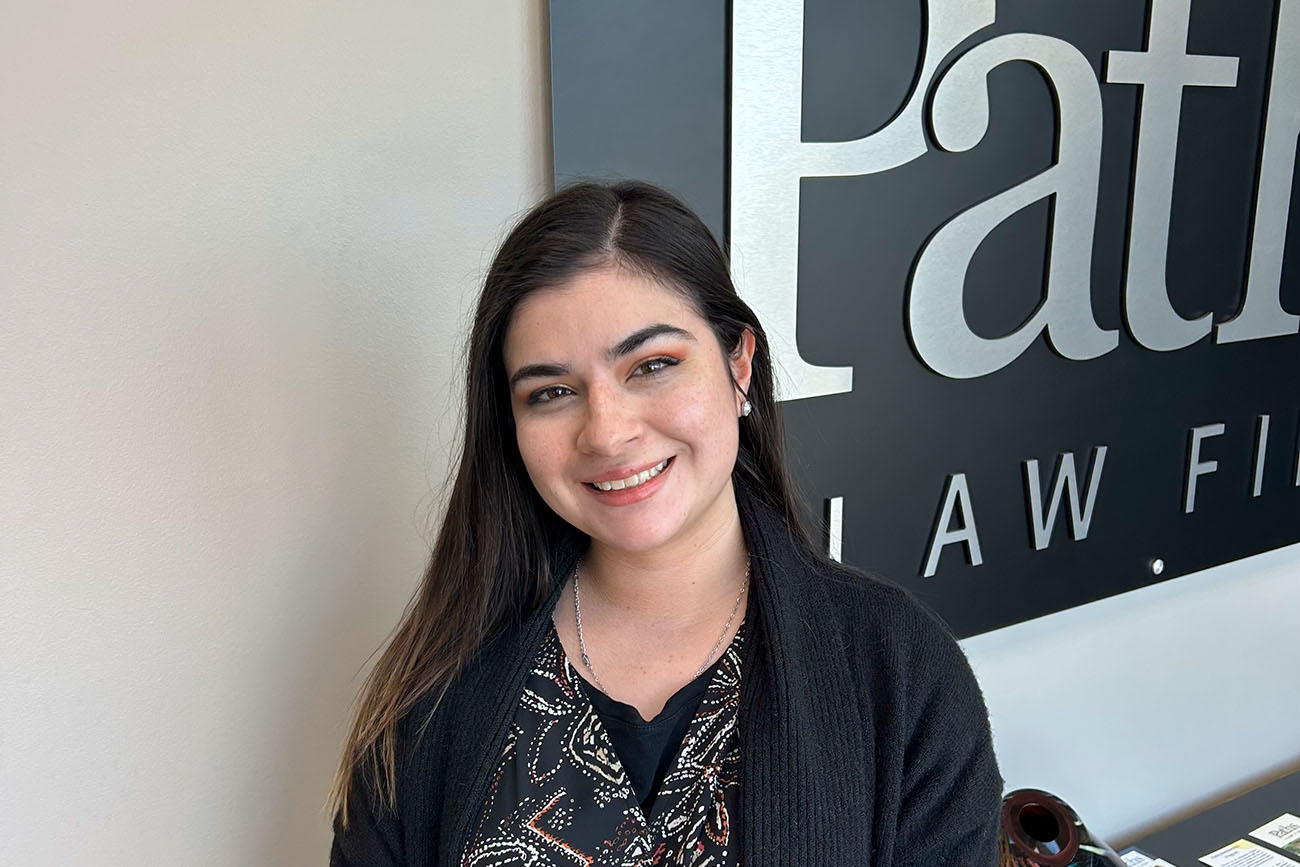Many people in the United States useMedicaidto assist them with their nursing home care, and rightly so. The average cost of care has increased considerably over the years and is projected to continue to rise. In the state of Missouri, the 2017 average cost was about $58,000. The 2019 average cost was just over $60,000. While Missouri is on the low end of the spectrum, the national average is $89,000 per year. For married couples, these costs can be detrimental to the spouse not needing nursing home care and could easily lead toimpoverishment. Fortunately, Medicaid asset limitscan help prevent impoverishment which allows the spouse not receiving nursing home care to retain some assets.
*This blog is for educational purposes only and should not be considered legal advice. The use of the Paths Law Firm website does not constitute a client-lawyer relationship.
When an individual isapplying for Medicaid, a caseworker will review and evaluate all assets to determine financial eligibility. Some of the assets will be counted and others will be excluded. The assessment of assets can be a complicated process. This will depend on the type of assets and the value of those assets. “Non-countable (or exempt)” and “Countable” are the two primary categories of assets reviewed during the Medicaid eligibility process.
Exemptions from Medicaid Asset Limits
The first category is referred to asexempt assets. These are assets an individual is allowed to keep and not counted towards qualification forMedicaid eligibility.
1. Primary Residence
The primary residence of the applicant or married couple is exempt as long as a few requirements are met. The primary home must be located in the state the Medicaid application is being submitted for and second, the value of the home must not exceed $595,000 If thecommunity spouse(Medicaid applicants spouse) or any dependent children continue to live in the primary home once nursing home care for theinstitutional spousehas begun, the home is considered to be exempt no matter the equity value of the home. Additionally, the home furnishings and appliances located in the home are also exempt. As well as things such as clothing, wedding, or engagement rings. Other jewelry items may not be considered exempt.

2. Medicaid Asset Limits and Your Car
One vehicle, regardless of the type or market value, is considered an exempt asset as long as it is being used for transportation of the applicant or another family member residing in the home.
3. Funeral/Burial Funds
Non-refundable or prepaid burial expenses are considered exempt. This includes things such as irrevocable funeral trusts having a value of $15,000 or less. It is important to note an applicant may set aside up to $1,500 in a revocable burial trust which is also considered exempt.
4. Property for Self-Support
When an applicant owns real property used in the course of his or her “trade, business or employment,” the entire value of the property is exempt. The caseworker’s manual includes many examples, one of which is if the applicant is a cattle farmer and he owns 10 acres of land not adjoining the homestead. The cattle feed on the 10 acres. The 10 acres are exempt as they are being used directly by the applicant in the course of his business. This is an intricate area of the law to navigate.
5. Life Insurance Policies, Spend Down
Term life insurance policies are exempt as they have no cash value. The combined cash value of any universal,variable life, and permanent policies must have a value of $1,500 or less to be exempt.

Non-Exemptions from Medicaid Asset Limits
Non-exempt assetsare countable toward the cost of care when determining Division of assetsin the case of married couples. This includes checking accounts, savings accounts, money market accounts, CDs, stocks, bonds, luxury personal property, second vehicles, and boats.
Medicaid Income Limits
For married couples, where only one spouse is applying for home and community-based services via nursing home Medicaid or a Medicaid waiver, the community spouse is allotted aMinimum Monthly Maintenance Needs Allowance(MMMNA). This is the minimum amount of income the non-applicant spouse should have each month to take care of their needs. If the community spouse’s income alone does not meet the minimum, the nursing home spouse’s income may be attributed to the community spouse. Currently, the minimum is $2,155 per month. This may be increased should the community spouse’s expenses exceed certain allowances. The maximum to which Medicaid can approve is $3,217.

In closing
Many different guidelines are used to calculate countable income and to determine an individual’s need for medical care. It is recommended to always work with an experienced attorney with expertise in Medicaid law. Even if a senior’s income and assets exceed the Medicaid asset limits, it does not mean they will not qualify for Medicaid coverage. There are many different strategies when planning for Medicaid when income exceeds Medicaid allowances such as an asset spend down, medically needy pathway, and qualified income trusts.
By choosing an experiencedMedicaid lawyeryou have the benefit of knowledge and expertise to help you plan and get through the Medicaid application process. At Paths Elder Law, our caring staff is here to help from applying for Medicaid to helping determineDivision of Assets.
We can help you protect the life savings you worked so hard for. If you or your spouse need long-term nursing home care,contact Paths Elder Law.



































